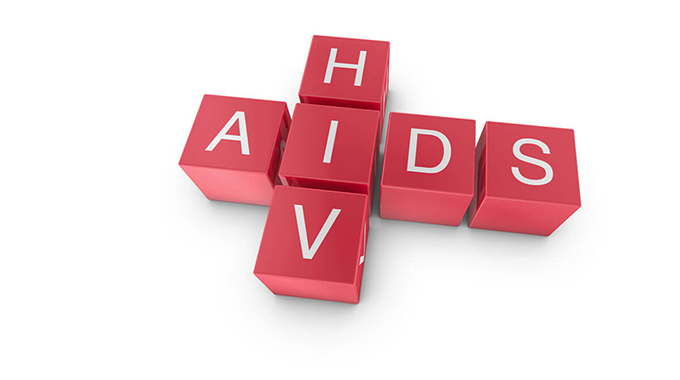Govt criminalises deliberate HIV, STIs transmission

Herald Reporter
THE Government has listed HIV/AIDS as one of the sexually-transmitted infections (STIs), whose deliberate transmission to another partner will now be punishable under law.
The Criminal Laws Amendment (Protection of Children and Young Persons) currently before Parliament has a clause that includes HIV/AIDS as one of the STIs, whose wilful transmission can be charged as a criminal offence.
Other STIs that are punishable include syphilis, gonorrhoea and herpes, among others.
Another objective of the Criminal Laws (Protection of Children and Young Persons) Amendment Bill is to raise the age of sexual consent from 16 to 18.
Clause Eight of the Bill stipulates that a law that decriminalises deliberate HIV/AIDS transmission still stood after the Marriages Act repealed Section 79 of the Criminal Law (Codification and Reform) Act that sought to impose heavy and long-term jail sentence on those convicted of wilful transmission of HIV/AIDS.
“Deliberately infecting persons with sexually-transmitted diseases was originally dealt with in two sections of the Criminal Law Code. Section 78 makes it a crime for anyone to deliberately infect another person with a sexually-transmitted disease other than HIV; section 79 made the same provision for those who infected others with HIV, but provided for a much heavier sentence to be imposed. Section 79 was repealed by the Marriages Act in 2022, which means that it is no longer a crime to infect other persons with HIV (because section 78 specifically excludes HIV),” reads Clause Eight of the Bill.
“This section will amend section 78 of the Code to include HIV among the sexually transmitted diseases covered by the section.”
In 2022, the Government decriminalised wilful transmission of HIV to a partner through the Marriages Act when it repealed a legal provision that made it an offence, as the Second Republic sought to move with international trends.
The repealed section provided for 20 years in prison for anyone convicted of deliberate transmission of HIV/AIDS, whilst Section 78 of the Criminal Code, which now includes HIV/AIDS as an STI, provides for a fine equal to Level 14 or five years in prison or both.
Section 78 of the Criminal Code (Codification and Reform Act reads as follows: “(2) Any person who (a) knowing that he or she is suffering from a sexually-transmitted disease; or (b) realising that there is a real risk or possibility that he or she is suffering from a sexually-transmitted disease; intentionally infects any other person with the disease, or does anything or causes or permits anything to be done with the intention or realising that there is a real risk or possibility of infecting any other person with the disease, shall be guilty of deliberately infecting that other person with a sexually-transmitted disease and liable to a fine up to or exceeding level fourteen or imprisonment for a period not exceeding five years or both.”
Recently, President Mnangagwa invoked his powers under the Presidential Powers (Temporary Measures) Act to gazette Statutory Instrument 2 of 2024, in compliance with a Constitutional Court ruling that had declared a section of the law that sets sexual consent age at 16 as unconstitutional.
The Statutory Instrument invoked by the President raised the age of consent to sexual relations to 18, consistent with the Constitution which sets the minimum marriage age at 18 and defines all young people as below the age of 18, while the original law defined them as below the age of 16, so protection was withdrawn from 17 and 18-year-olds.
The Presidential Powers have a lifespan of just six months during which Parliament has to pass a substantive law if the desire is to make the measure permanent.








Comments